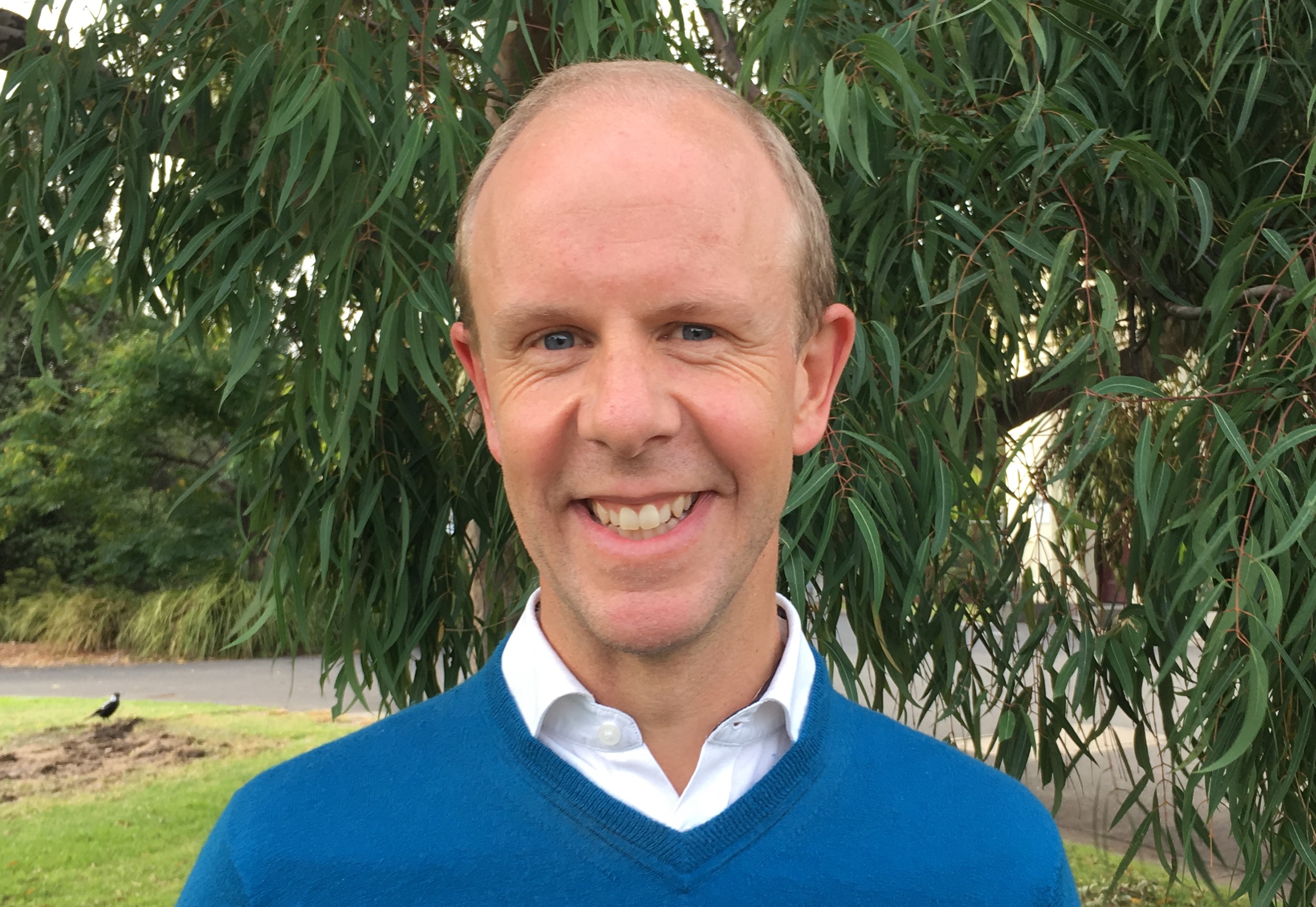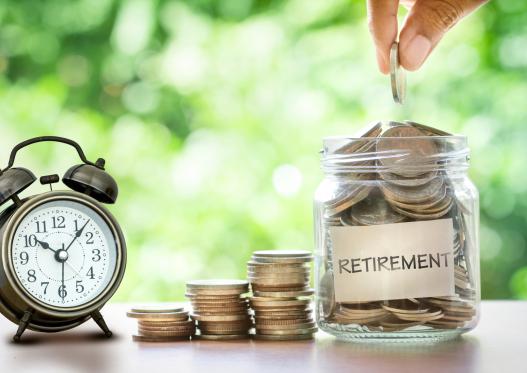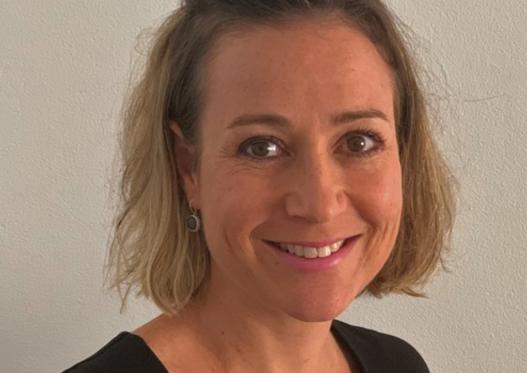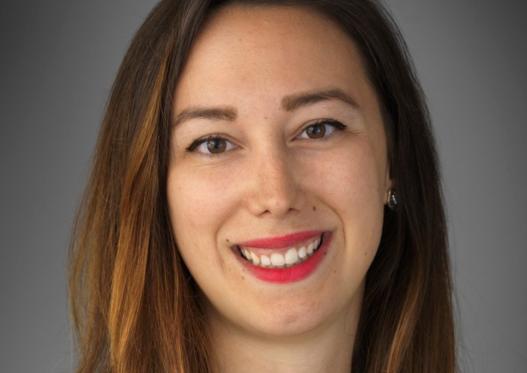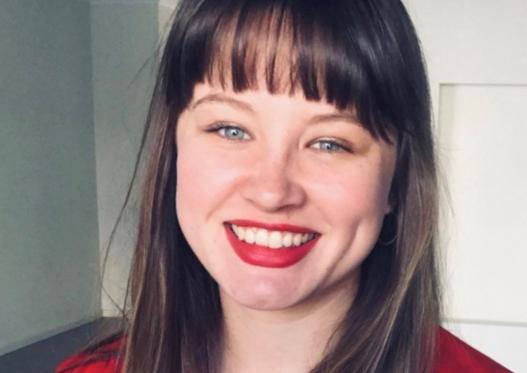Investment that doesn't consider ESG issues Is effectively dead.
That was the conclusion of Responsible Investment Association of Australasia CEO Simon O’Connor during the FINSIA podcast.
Talking about the growth of investing through an Economic Social and Governance lens, he said it had developed from a little “cottage sector” within the broader finance market to be very much the norm.
“We are at that point today where it's really become a license to operate for fund managers and super funds out in the market,” he said.
“They need to have a position, a policy, a perspective on how they approach responsible investing.
“We are almost at a point where traditional investment - that is investment that doesn't consider ESG and sustainability issues - Is effectively dead. It's effectively non-compliant investment.”
The three drivers, he says:-
* The whole sector has proven itself to help competitive returns to effectively underscore better investment outcomes.
“We're now at a point where there's this long history of demonstrating that fundamentally the companies we invest in who manage sustainability issues better, make better investments,” he says.
“They're better managed companies, better governed companies. So you've got that competitive element, which has really helped in the mainstream acceptance of this.
*Secondly, globally ESG is becoming a compliance issue.
“We've now got our regulators talking about the need to consider climate change risks, broader governance issues, broader risks. That is accelerating around the world at a rate of knots right now, where this has been embedded in that core regulatory framework of the financial services sector.
*“Thirdly, but not at all least of all, is really our consumers.
“Australians realise there is an opportunity to align their investments, their retirement savings with the kind of world they want to create, but also to ensure they're not investing in really harmful activities.
“And I think increasingly Australians realise they have choice.”
Asked about how ESG could be measured accurately, O’Connor concedes there is some confusion and much work to be done. Though he says the standard-setting that will give it credibility is evolving fast.
“And I think it's really needed. We're an industry that has rapidly emerged and become very big and you've got regulators playing catch up,” he says.
“The professionalisation of our industry is happening very rapidly right now. It's happened around us. You’re seeing this convergence around key standards.
“We have credibility around what it is that it means to be good at ESG or more sustainable and less sustainable - particularly in light of when you have a lot of products coming to market saying they're sustainable funds, ethical funds, impact funds.
“Right now we're in this moment of confusion, and we will rapidly move towards landing on clear articulated standards.
“There's a need to do that. So what we are seeing right now is a global conversation to align those standards and we're seeing that occurring.”
RIAA certifies more than 200 investment products.
He says they have to jump very high bar to demonstrate, substantiate and provide evidence that they're doing this well and are able to make sure they're not misleading in what claiming.
“Through our connections, through the UN’sPrinciples for Responsible investment, the Global Sustainable Investment Alliance and all these interactions going on globally, we're helping to shape that because we need that,” he adds.
“Underpinning that as well is this definition of what is sustainable... Which I think was part of your question too... How do you know if it's a sustainable fund?
“Europe again, is sort of leading the charge here with what they talk about the taxonomy, where they go and define every industry activity across an economy and say, "This is green", and "This is not green."
“If you're going to claim you have a sustainable fund, you're going to need to demonstrate you've got 70 plus percent of the assets in your fund that are green by this definition.”



